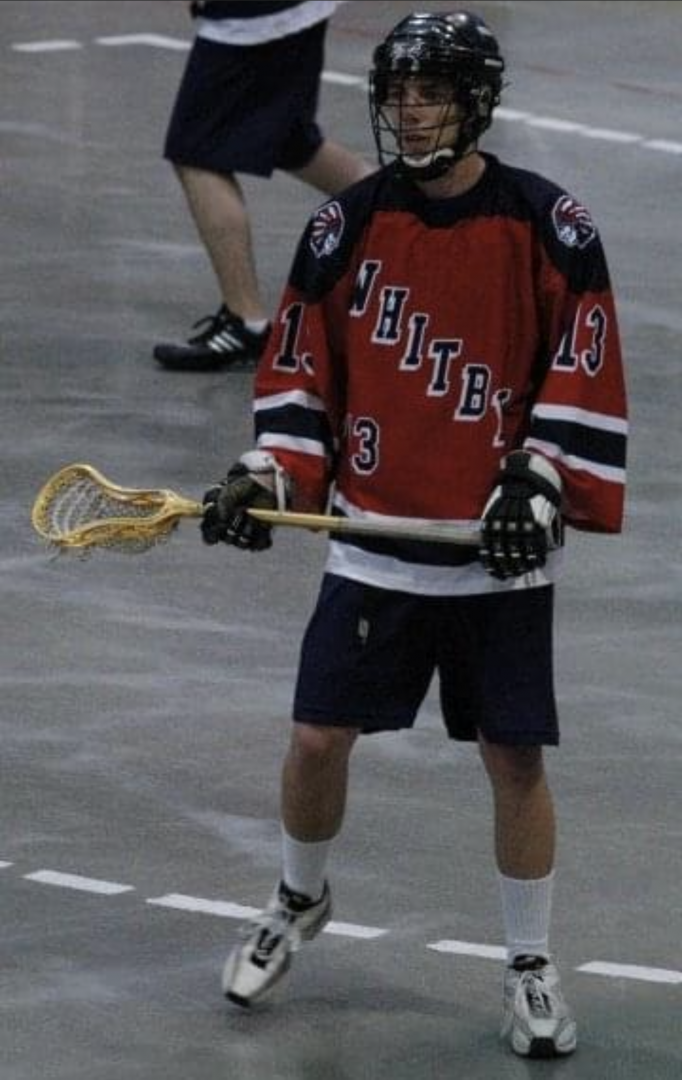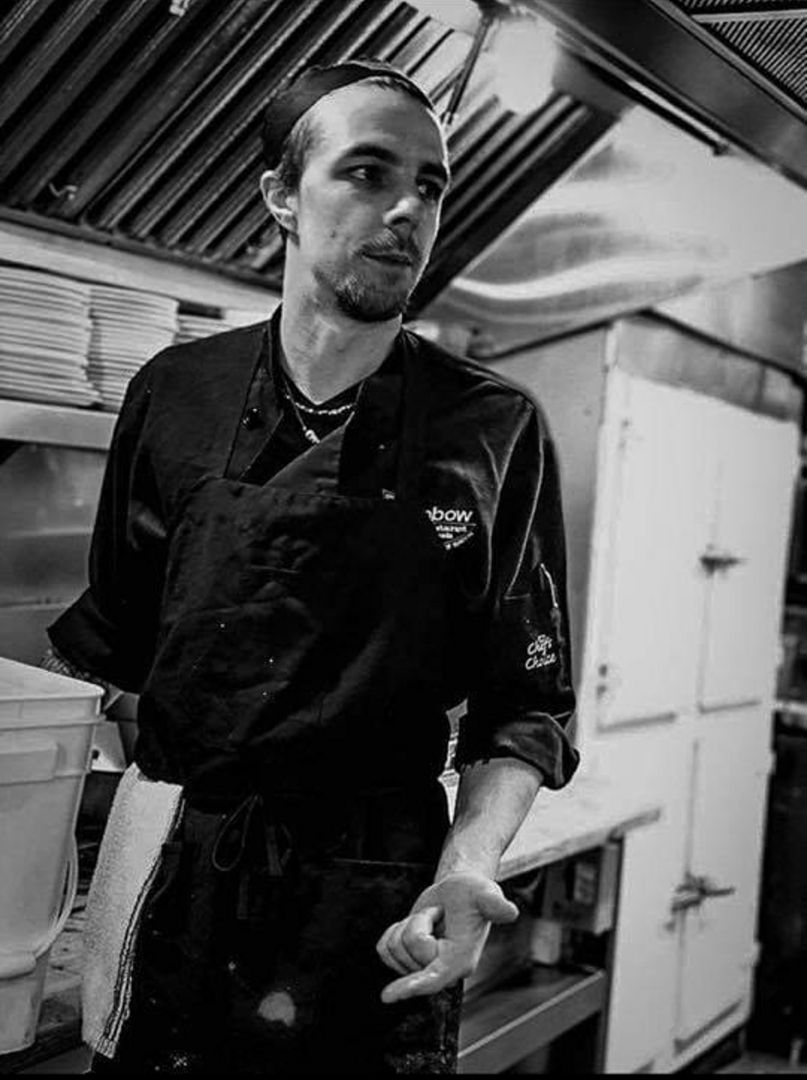The medicine game, more commonly known as lacrosse, is deeply linked to Indigenous history. Hundreds of people played in games lasting multiple days, it was a community event.
The ball of choice: a solid rock or stuffed deer hide. And the fields would stretch through villages, forests and streams. A lot has changed.
Now, six to ten people play per side depending on the variation. Games are roughly an hour long, balls are made from rubber and fields are no longer than 110 meters.
For Jacob Powless, 31, lacrosse is more than a sport, it is a connection to his family and heritage. He put “everything” into it.
“I spent most of my childhood playing lacrosse,” said Powless.
He is of Turtle Clan Mohawk descent and said in the latter half of his playing career, the sport acted as “spiritual healing.”
Powless and his brother Sam had dreams of going professional, but due to limited finances, they had to stop.
“I’m the youngest of seven in my family, so you can imagine growing up with seven kids in the house, money wasn’t really there to support me on a scholarship,” said Powless.
Both brothers received scholarships to play in the U.S., but since they weren’t full-rides, they had to decline.
“I took a little bit to get over it and it spiralled into a few shitty situations in life,” said Powless.

From here, a new chapter started in Powless’ life.
His interest in lacrosse started to dwindle and new passions broke through.
He began making music with a high school friend, and a bass player they met on Kijiji. He was a self-taught drummer and learned by playing music with his father who was a guitarist.
He said this was more of a hobby while he worked various retail jobs to support himself. Eventually, he transitioned into the culinary industry.
Starting off as a dishwasher, he worked his way up to a catering chef. Powless said his inspiration to cook came from his mother who he regards as “one of the best cooks and bakers” he has ever known.

He worked at his first restaurant for nine years before moving to another to be the kitchen manager. A year and a half later, the COVID-19 pandemic occurred, and Powless lost his job.
Around this time, the news of the residential school findings came out of British Columbia.
He said that was one of his inspirations to go into journalism.
“There’s not a lot of Indigenous voices talking about this stuff,” said Powless. He saw the need to share his community’s stories.
He was also unhappy in the culinary industry. He said he didn’t want to work in a field that made him “feel like shit” anymore; it served as another motivator to pursue a new career.
He was already familiar with Durham College’s journalism program since a few of his friends attended, along with his fiancé at the time. So, he applied and got accepted.
A “period of flux” happened after this.
Around three to four months before the first semester started, he began to have doubts about his path. But his relationships in his life motivated him to continue pursuing journalism, a career that could make him happy.
After this new-found inspiration, Powless said he was assaulted by his now ex-financé in front of her child. He said going through this situation pushed him to commit to the program.
“I’m going to do it for myself, I have to, otherwise I’ll sit with the feeling of regret for a long time,” Powless said.
He used the experience as motivation.
He started the Journalism Mass – Media Program in 2021 and graduated the following year.
At the end of his studies, he interned at CBC Toronto, and he described it as an experience that can’t be found in a classroom. Anchors would be yelling across the room for people to edit broadcast paks and reporters worked on multiple stories in the same room. He said it was intense.
“It was six weeks of unexpected fun,” said Powless. “There was this pressure there, but it wasn’t so much that you couldn’t take it.”
Following his internship, CBC offered an unpaid position in Manitoba for their Indigenous Unit, but he declined. Powless applied to more local positions, but none of them landed.
He spent two months focusing on his hobbies before his mother sent him a job application for Indigenous graduates.
Now he works for the Ontario Ministry of Agriculture, Food and Rural Affairs as a program and policy delivery intern in the Food Safety Systems Branch. While he enjoys this work, his real passion is writing opinion columns, which he does as a freelance writer.
In the future, Powless aims to get involved in one of his early passions again, lacrosse. He plans to help make an environment for young people to learn about the sport and enjoy it as much as he did.
“I’m at a proper place mentally and physically where I can actually go out and take up a teaching role to kids and to teenagers as well, just to help guide them through this,” said Powless.
His goal is to put emphasis on the medicine game aspect of it, and how it’s a tool to heal.
“That’s one thing I wished I understood when I was going through certain things, said Powless. “It’s a good way for me to give back to the community in a game that I love.”




